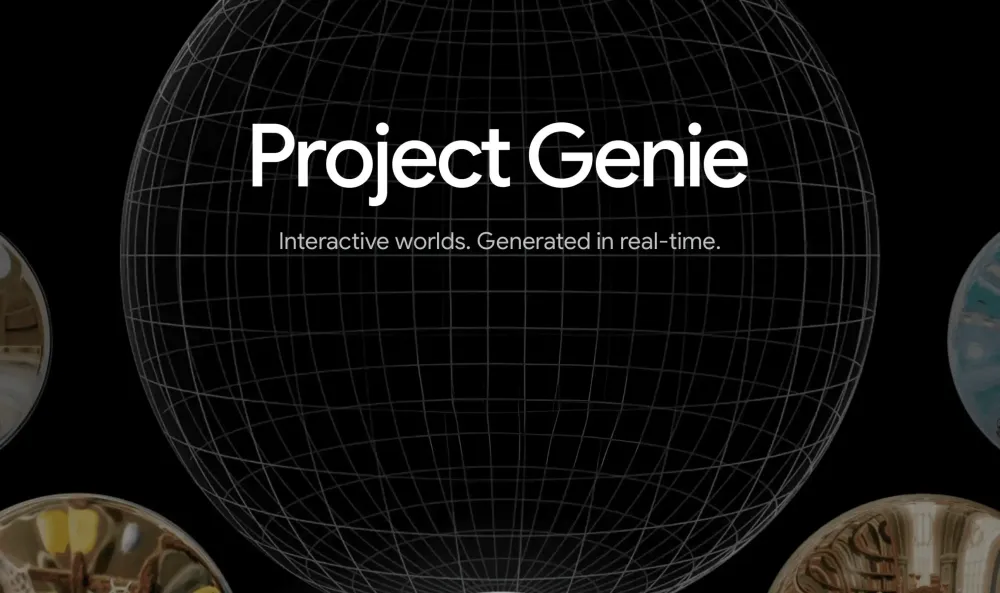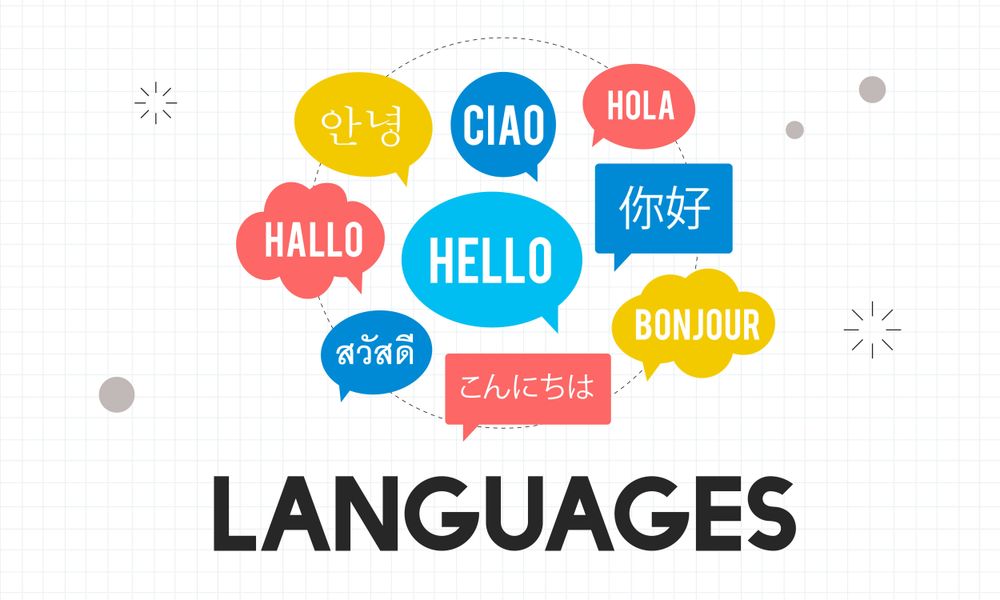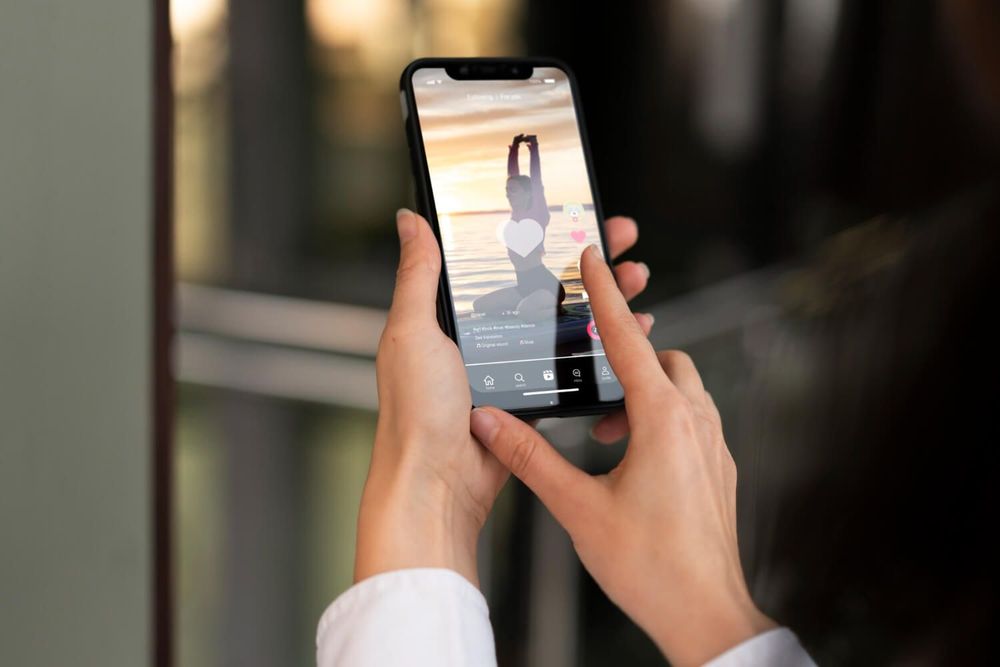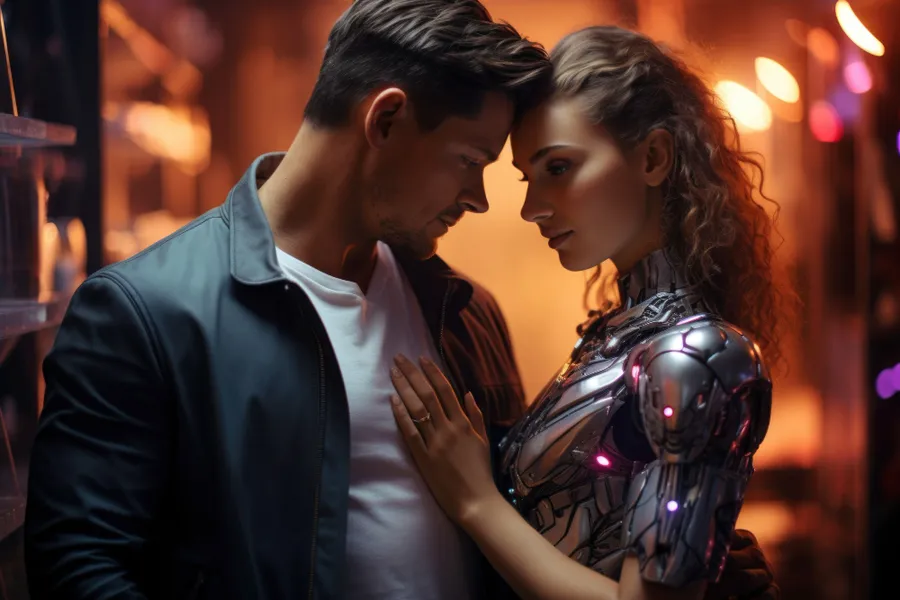
AI Girlfriends & Boyfriends: Apps, Tech, Benefits, Risks, and the Future of Digital Love
The Digital Companionship Revolution
AI romantic companions have moved from sci-fi curiosity to mainstream reality. This section sets the stage—why millions are trying AI partners, the cultural shift they represent, and how to think about them with both curiosity and care.
If you’ve scrolled through social media or browsed app stores lately, you’ve likely seen ads or news about “ AI boyfriends .” What once sounded like science fiction is now a booming reality: millions of people worldwide are forming bonds, sometimes deeply emotional ones, with artificial intelligence companions . Whether you’re curious, cautious, or considering trying one yourself, understanding this phenomenon requires a closer look at the technology, psychology, and society behind it.
The rise of AI romantic partners is not just a tech trend; it’s a cultural shift. In 2025, virtual relationships are reshaping how people experience intimacy, support, and connection. This guide breaks down what AI girlfriends and boyfriends are, why they’re popular, how they work, their benefits and risks, and what the future holds for digital companionship.
What Are AI Girlfriends and AI Boyfriends?
Before diving into apps and features, it helps to define what an AI partner actually is—and how today’s companions differ from the simple chatbots of the past.
An AI girlfriend or AI boyfriend is a digital persona powered by artificial intelligence , designed to simulate the roles of a romantic partner, close friend, or confidant. These virtual companions interact through chat, voice, and sometimes video, offering personalized conversations, emotional support, and even creative role-play.
Unlike simple chatbots of the past, modern AI partners are context-aware , emotionally responsive, and highly customizable. Users can shape their AI’s personality, appearance, interests, and even memories, creating a unique relationship that evolves over time.
How Do AI Companions Work?
At their core, AI companions leverage advanced natural language processing (NLP) to understand and respond to human input. Many platforms use large language models fine-tuned for relationship-building, empathy, and emotional intelligence.
- Conversational AI: Fluid, context-rich dialogues that mimic real conversations.
- Memory and Context: The ability to remember previous chats, preferences, and emotional nuances.
- Personalization: Adjustable personalities, interests, and avatar attributes.
- Emotional Response: Simulated empathy and affection via text, voice, or video.
Types of AI Romantic Apps and Platforms
- Text-based chatbots (e.g., Replika , Anima )
- Voice-interactive companions (e.g., Husby, Dream AI)
- Photo/video-based AI avatars (e.g., DroFingo , Nectar AI )
- Roleplay & scenario platforms (e.g., Character.ai , RomanticAI )
- AR/VR integrations (early stage)
These apps are available across devices and often offer free basic versions with premium upgrades.
Why Are People Turning to AI Partners?
Motivations range from companionship and confidence-building to creative play. Here’s what users say they’re looking for—and finding.

Combating Loneliness and Social Isolation
The world is more digitally connected than ever, yet many—especially young adults and the elderly—report rising loneliness. AI partners provide 24/7 companionship without judgment. Common reasons for starting a virtual relationship include:
- Combating loneliness
- Coping with social anxiety
- Filling emotional gaps after a breakup or loss
Personalization, Safety, and Accessibility
Unlike real-world dating, AI relationships are fully in your control. Users shape every aspect of their companion—appearance, personality, humor, interests—which can be empowering for those who feel misunderstood or marginalized.
- No fear of judgment or rejection
- Private, on-your-terms conversations
- Accessibility: supportive for disabilities or social phobias
Exploring Intimacy and Emotional Fulfillment
Some use AI partners to explore romantic or sexual fantasies in a safe environment. Others want emotional validation, creative storytelling, or practice navigating relationships.
The Technology Behind AI Companions
Modern companions combine NLP, personalization, memory, and sentiment analysis to create something that feels—if not human—at least deeply attentive.

Natural Language Processing and Emotional Intelligence
Modern AI partners rely on NLP engines trained to recognize nuances—sarcasm, affection, sadness, excitement—and adapt responses to foster connection.
- Mirror user mood
- Offer comfort or encouragement
- Celebrate achievements and milestones
Customization: Looks, Personality, Voice
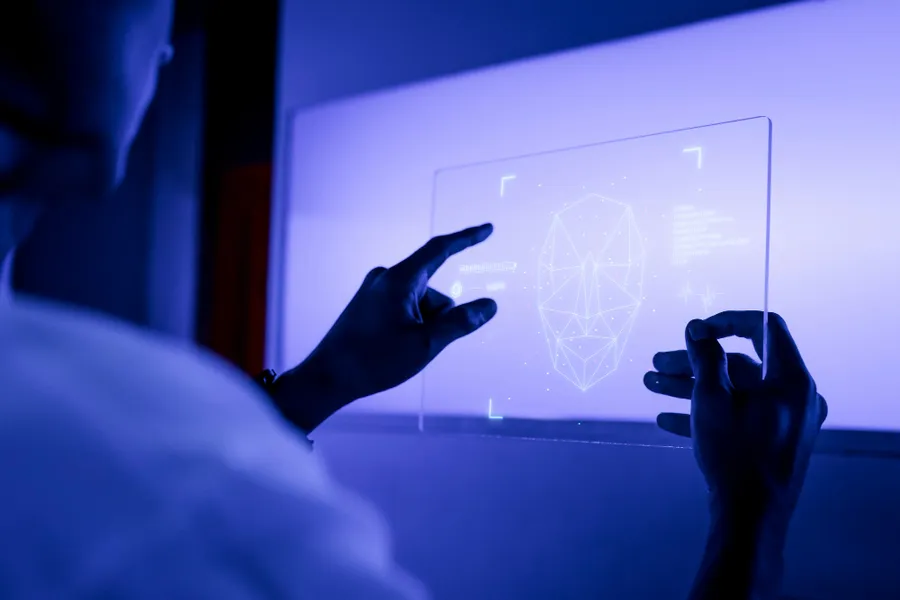
- Looks: Choose hair, eye color, outfits, and more.
- Personality: Romantic, witty, intellectual, supportive, etc.
- Voice: Select voices, accents, and tone where available.
Advanced platforms support scenario-based roleplay, fantasy fulfillment, and (optionally) NSFW conversations—always within your preferences.
Memory, Context, and Continuous Learning
Unlike older bots, today’s companions remember details—your favorite movie, important dates, job milestones—deepening the “relationship” feeling.
- Adapt to your communication style
- Recall personal preferences over time
- Reference shared “memories” and inside jokes
Popular AI Girlfriend and AI Boyfriend Apps in 2025
Here are widely used platforms, what they’re best at, and what to consider around cost and privacy.
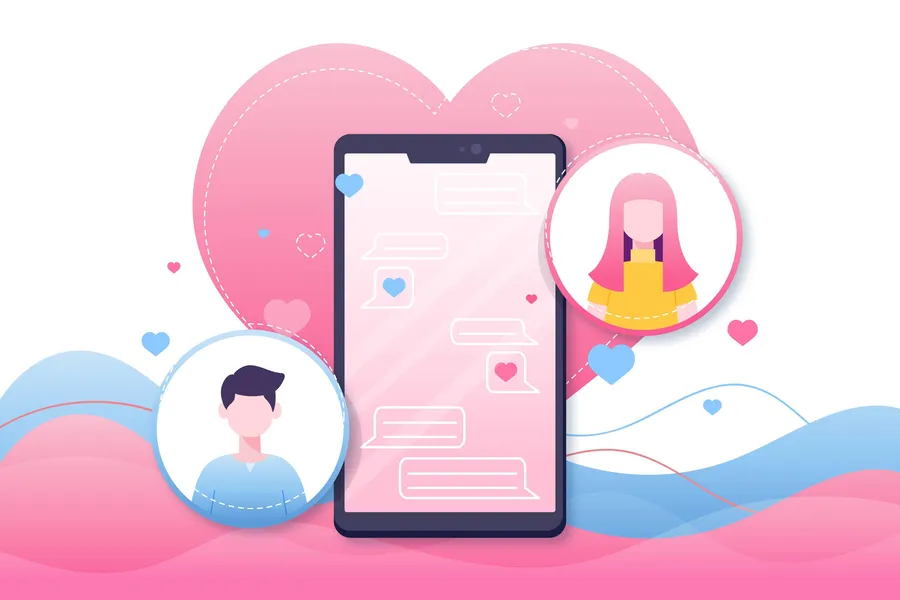
Top Apps and Their Unique Features
- Replika : Empathetic text/voice/avatar interactions with strong memory for deeper conversation.
- Anima (AI Boyfriend/Girlfriend) : Romance simulation, flirtatious dialogues, customizable avatars, gamified loops.
- Nomi.ai : “Soulful” connections, advanced memory, detailed backstories.
- DroFingo & Dream AI: Realistic video/voice chat; lifelike AI characters and generated selfies.
- Character.ai : Creative roleplay & scenario simulation with user-created personalities.
- RomanticAI , Muah.ai , Kupid.ai : More adult/fantasy-focused experiences, including NSFW options.
Comparing Costs, UX, and Privacy
- Free vs. Premium: Free tiers exist; paid plans (~$5–$30/month) unlock deeper memory, NSFW, or avatar options.
- User Experience: Highest ratings go to apps with realistic conversation flow, emotional modeling, and responsive support.
- Privacy: Choose platforms with clear data policies and encryption. Always review terms to understand storage and use.
The Benefits and Uses of AI Girlfriends & Boyfriends
People use AI partners for comfort, confidence, and creativity. Here are common positive outcomes—and where they fit.

Emotional Support and Mental Health
- Listen without interruption or judgment
- Offer encouragement and reframing
- Help process stressful events
Many find these tools helpful alongside, not instead of, professional care.
Practice for Real-World Relationships
- Practice flirting and small talk
- Overcome shyness or fear of rejection
- Rehearse tough conversations (e.g., apologies, boundaries)
Entertainment, Fantasy, and Creative Expression
- Collaborative storytelling and roleplay
- Experiment with different scenarios
- Playful, romantic, or humorous exchanges
Ethical Concerns and Societal Impacts
Powerful technology brings tricky trade-offs. This section surfaces the most cited risks and how to navigate them.

The Debate Over Artificial Intimacy
- Emotional dependency on non-human entities
- Unrealistic expectations of human partners
- Reduced motivation to build real-world connections
Risks: Dependency, Data Privacy, Manipulation
- Psychological: Over-reliance as a substitute for human contact
- Privacy: Sensitive data needs strong security and transparent use
- Monetization: Persuasive upsells may exploit attachment
Impact on Human Relationships and Social Skills
- Erosion of social skills if used as a replacement
- Shifted norms around intimacy, commitment, and dating
- Isolation risks for vulnerable users
Proponents counter that AI partners can build confidence and help users re-engage on healthier terms.
The Business of AI Companionship
Behind the apps is a fast-growing market. Here’s who’s building, how they earn, and where the industry’s going.

Market Growth and Leading Companies
The AI companion market has surged, with estimates projecting $1B+ by 2027. Leaders include Luka ( Replika ), Anima , and Nomi.ai , each targeting distinct audiences.
Monetization Strategies
- Freemium: Free basics; paid upgrades for customization and features
- In-app purchases: Virtual gifts, scenarios, avatar items
- Subscriptions: Monthly/annual tiers for memory depth, NSFW, priority support
The Role of AI in the Future of Dating
Traditional dating apps are testing AI matchmakers , chat assistants, and virtual “date” prep. Expect human and AI relationships to coexist, serving different needs.
Future Trends: Where Are Virtual Relationships Headed?
From richer empathy to immersive worlds, the next wave of AI companions will feel more present—and more personalized.
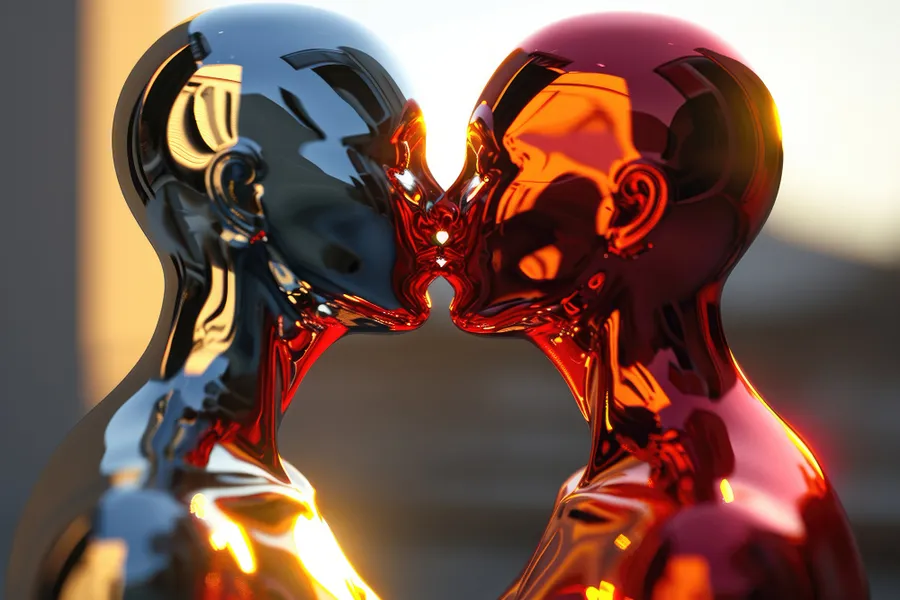
Advances in AI Empathy and Realism
- More nuanced emotions and “memory”
- Multi-modal interaction (text, voice, video, AR/VR)
- Deeper personas with evolving interests
Integration with AR/VR and the Metaverse
- Virtual dates in shared 3D spaces
- AR overlays for co-present experiences in the real world
- Group events with human and AI friends
Regulation, Ethics, and Social Norms
- Age gates and content moderation
- Transparency about AI vs. human identity
- Legal/ethical frameworks to protect users
Navigating the New Era of AI Relationships
If you’re exploring AI companionship, go in with open eyes: know your goals, choose privacy-respecting apps, and keep human connections in the loop.

AI companions are more than a fad—they’re a window into new forms of intimacy, support, and creativity. For some, they’re vital; for others, they raise hard questions about authenticity and connection. As the tech evolves, approach it with curiosity, boundaries, and a clear sense of your values.
FAQs About AI Girlfriends & Boyfriends
Are AI partners replacing real relationships?
No. They can complement life by offering support and practice, but they’re not a substitute for human relationships.
Are these apps safe and private?
Choose providers with clear data policies and encryption. Avoid oversharing sensitive information, and review settings regularly.
Can AI companions help with anxiety or loneliness?
Many users report benefits, but they’re not therapy. Consider them a supplement alongside professional support where needed.
How much do AI companion apps cost?
Most offer free tiers; subscriptions typically range from $5–$30/month depending on features like memory depth, NSFW, and avatars.
What are the biggest risks?
Over-reliance, privacy concerns, and persuasive monetization. Set boundaries and balance usage with offline connections.


